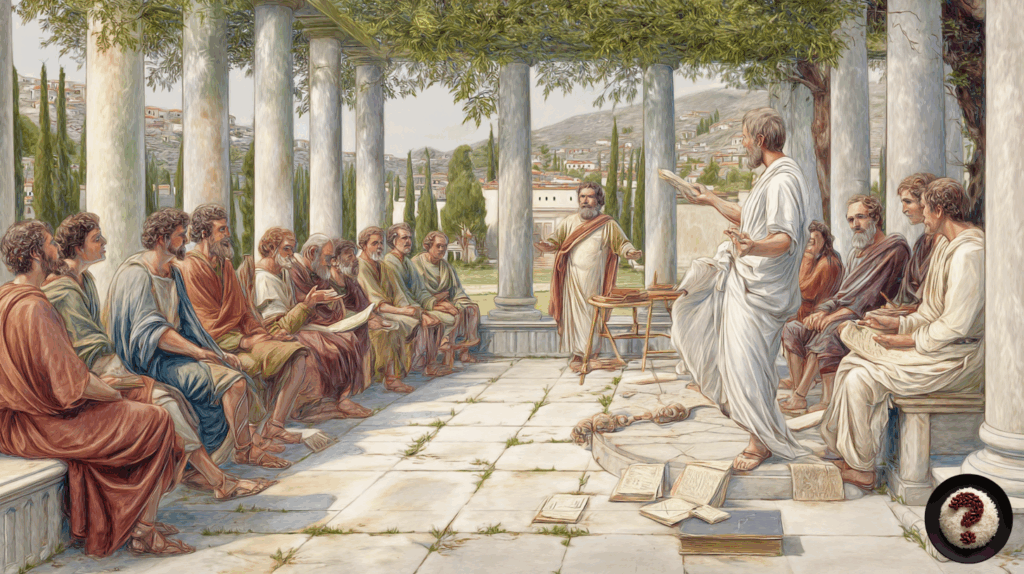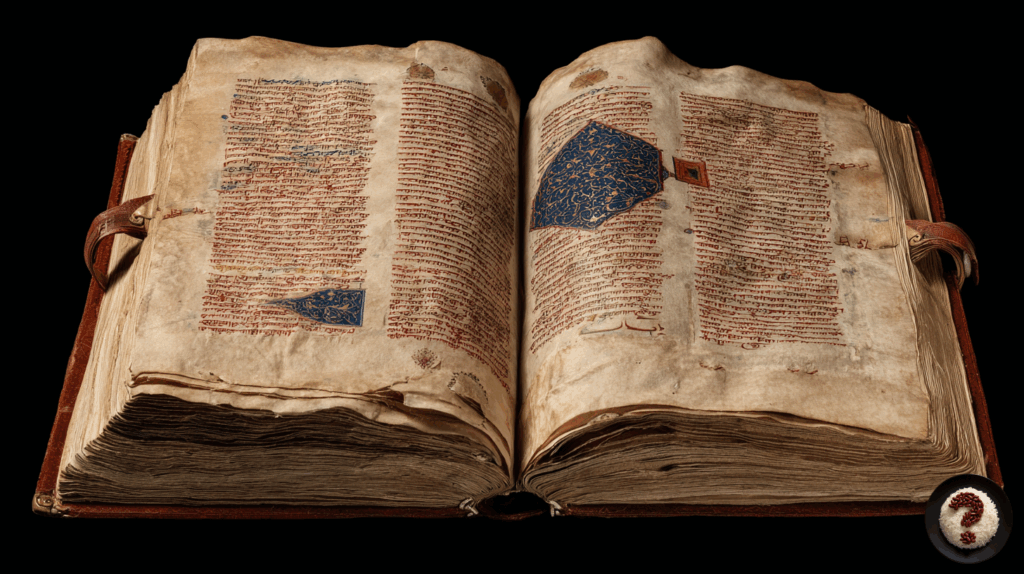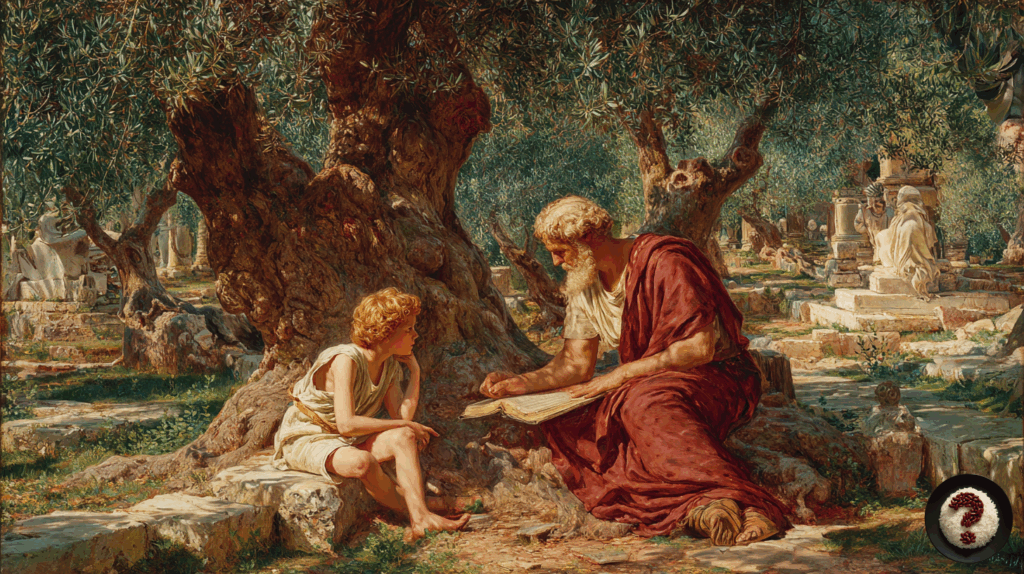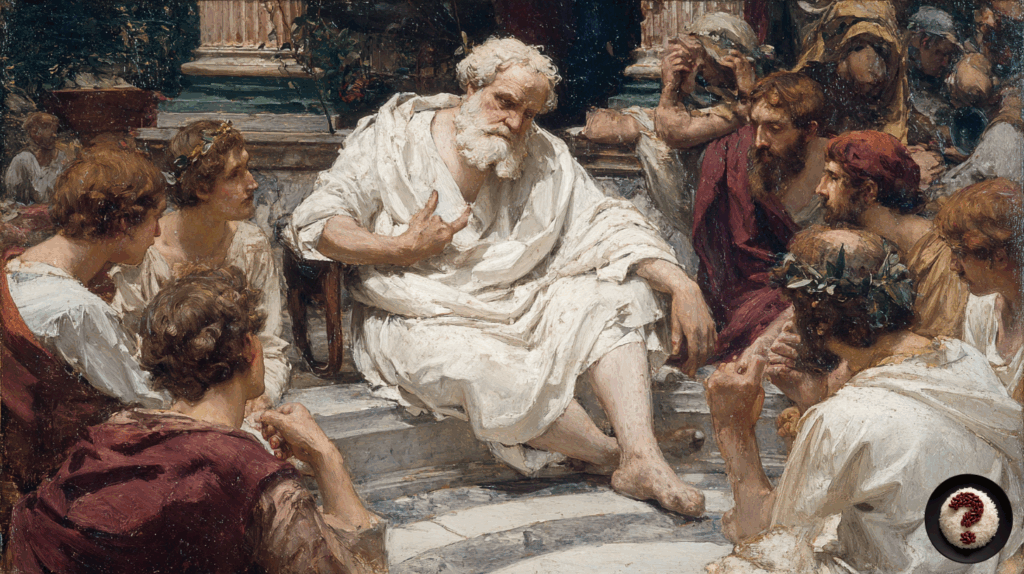
Aristotle – 100 People Who Changed the World #5
Short Biography
Aristotle (384 BC – 322 BC) is considered one of the most important philosophers of Ancient Greece. He was born in Stagira, Macedonia, and was the son of a family involved in medicine. At a young age, he traveled to Athens to study at Plato’s Academy, where he remained for nearly twenty years.
After Plato’s death, Aristotle left the Academy and taught in various cities. One of his most famous students was Alexander the Great. When he returned to Athens, he founded his own school, the Lyceum, and systematically conducted philosophical research.
This article is the 5th part of our series, ‘100 People Who Changed the World’.

Key Contributions and Achievements
One of Aristotle’s greatest contributions is his work in the field of logic. The method of syllogism he developed became the foundation of the science of logic for centuries. He also wrote comprehensive works on natural sciences, ethics, politics, metaphysics, and aesthetics.
In his approach to knowledge, Aristotle placed great importance on observation and experience. In this respect, he differed from his teacher Plato; while Plato defended the world of ideas, Aristotle sought reality in the observable world. In his work “Nicomachean Ethics,” he connects human happiness to a virtuous life. According to him, the highest good is the cultivation of one’s reason and virtue.

Impact on the World
Aristotle’s ideas have had a profound influence, extending from Antiquity to the Middle Ages and onwards to modern science. Thinkers in the Islamic world, such as Farabi, Ibn Sina, and Ibn Rushd, interpreted and developed Aristotle’s works. This allowed his ideas to be carried to Europe and become one of the fundamental sources of Scholastic philosophy.
During the Middle Ages, the Christian thinker Thomas Aquinas reconciled Aristotle’s philosophy with Christianity. This further solidified his authority in the Western world. As modern sciences developed during the Renaissance and the Age of Enlightenment, Aristotle’s observational method gained renewed importance.

Interesting Facts
- As the teacher of Alexander the Great, Aristotle educated one of the most influential leaders on the stage of history.
- The number of works he wrote is thought to exceed 200, but only about 30 have survived to the present day.
- In the Lyceum, he conducted observations on zoology, botany, and anatomy with his students.
- In his work “Politics,” he examined different forms of government and discussed the pros and cons of democracy.
- Aristotle’s works were taught as primary textbooks in European universities until the Renaissance.

Conclusion
Aristotle was not only a philosopher but also a scientist, logician, and teacher. His versatile work has influenced almost every area of human thought. His philosophical approach contributed to both metaphysics and the natural sciences, and his systematic way of thinking paved the way for modern science.
Even today, Aristotle’s works are still read, debated, and referenced in the academic world. He continues to be remembered as one of the greatest thinkers not only of Ancient Greece but of human history.
References
- Stanford Encyclopedia of Philosophy – Aristotle
- Internet Encyclopedia of Philosophy – Aristotle
- Britannica – Aristotle
- Project Gutenberg – Works of Aristotle
